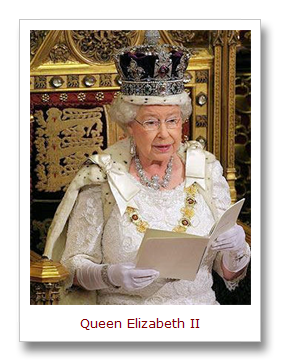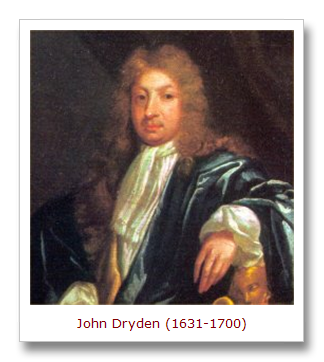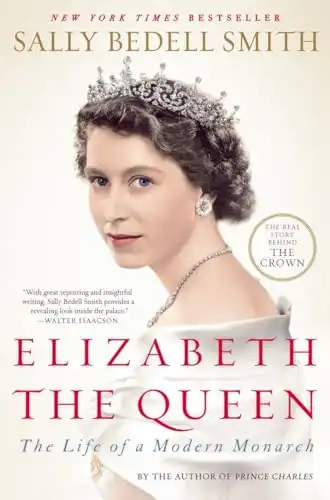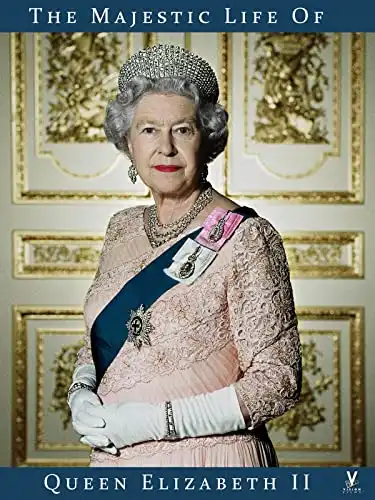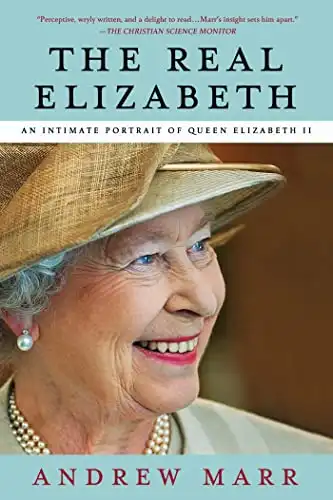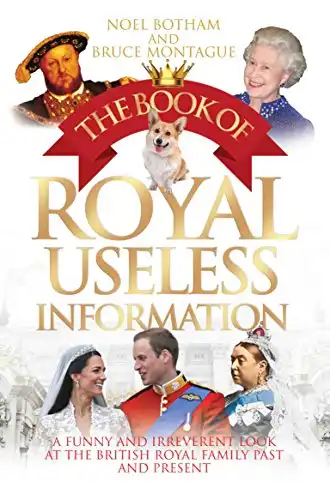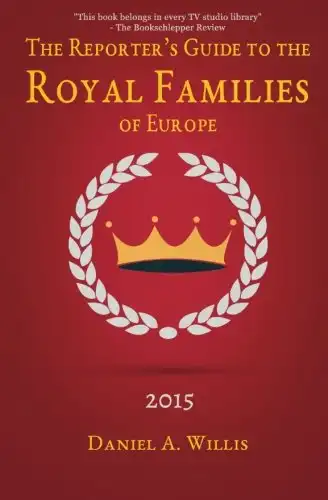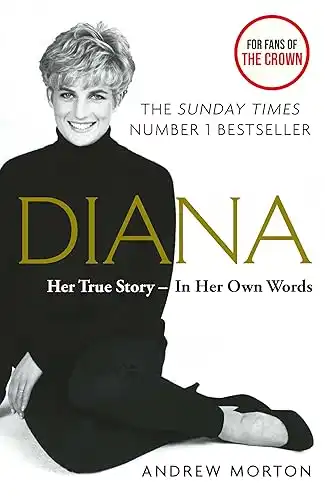On November 24, 1992, Elizabeth II gave a speech in London to mark the 40th anniversary of her Accession as Queen of England and “the Commonwealth realms.”
The speech immediately became famous for her reference to the year 1992 as an “Annus Horribilis” — which means “horrible year” in Latin.
“1992 is not a year on which I shall look back with undiluted pleasure,” the Queen said. “In the words of one of my more sympathetic correspondents, it has turned out to be an ‘Annus Horribilis.’ I suspect that I am not alone in thinking it so.”
There’s no doubt that the year 1992 was an unusually unpleasant one for Elizabeth and England’s Royal Family.
In March, it was announced that the Queen’s second son, Prince Andrew, the Duke of York, would separate from his wife, Duchess Sarah Ferguson.
In April, her daughter Princess Anne divorced Captain Mark Phillips.
In May, the publication of the bombshell book Diana: Her True Story in Her Own Words made it clear that the marriage between Elizabeth’s oldest son, Prince Charles, and Diana, “The People’s Princess,” was also on the rocks.
The book revealed that Charles had been having an affair with his old girlfriend, Camilla Parker-Bowles (who later became his second wife). It also disclosed how miserably unhappy Diana was with Charles and the way she had been treated by other members of the Royal Family.
In August, the Sun tabloid newspaper ran a story about the “Squidgygate” tapes — intimate conversations between Diana and former EastEnders actor James Gilbey (who called Diana by the affectionate nickname “Squidgy”).
Also in August, The Daily Mirror tabloid published photos of Duchess Sarah, topless, having her toes sucked by American financial tycoon John Bryan.
In September, the Sun revealed that Princess Diana may have had an affair with British Army officer James Hewitt.
In early November, The Daily Mirror revealed the “Camillagate” tapes: secretly recorded phone conversations between Prince Charles and Camilla Parker-Bowles in which Charles said (among other embarrassing things) that he wanted to be Camilla’s tampon.
Then, on November 20, just four days before Queen Elizabeth’s speech, a fire broke out in Windsor Castle, the official Royal residence in London, destroying historic sections of the building.
Given all this, the Queen’s choice of the words “Annus Horribilis” is understandable. And, the fire at Windsor Castle made the phrase oddly ironic.
“Annus Horribilis” is a twist on an older phrase made famous by the British poet John Dryden.
In 1667, Dryden published a poem titled “Annus Mirabilis,” meaning “a year of miracles” (or marvels, or wonders) in Latin.
Dryden’s poem described several historic events that occurred in 1666.
First, it recounts a series of English victories in battles with the Dutch.
Then it talks about the Great Fire of London in September 1666. Although large areas of London were burned, the Great Fire was stopped before it destroyed the entire city.
Dryden took these events as signs that God had performed miracles to save England from destruction and looked fondly on the expansion of the British Empire — thus making 1666 an “Annus Mirabilis” in his view.
I don’t know if Queen Elizabeth’s description of 1992 as an “Annus Horribilis” a few days after the Windsor Castle fire was purposefully ironic. If so, I’d say she has a very dry sense of humor indeed.
* * * * * * * * * *
Comments? Corrections? Post them on the Famous Quotations Facebook page.
Related reading…


